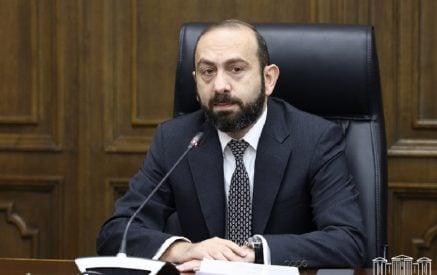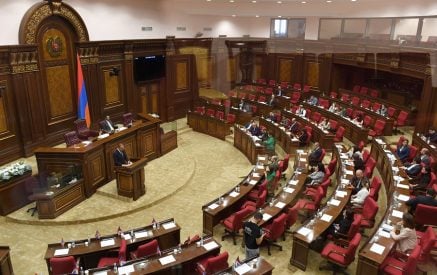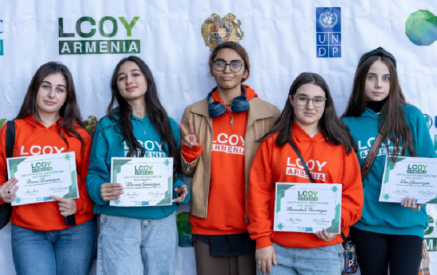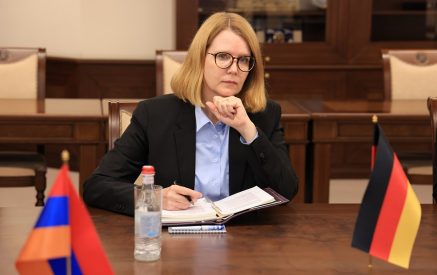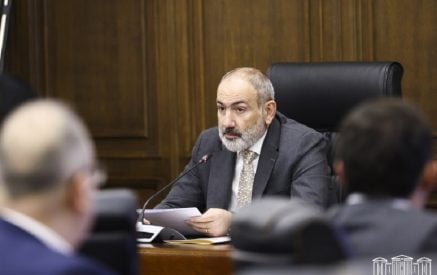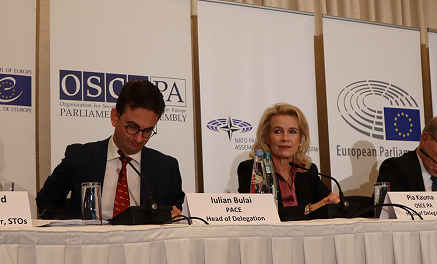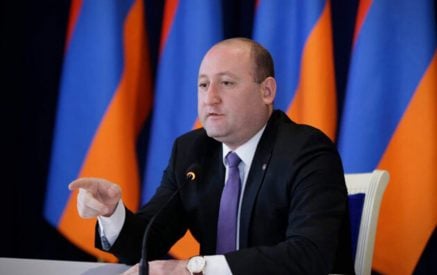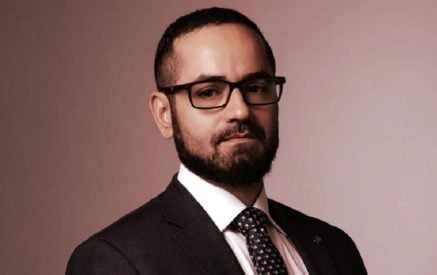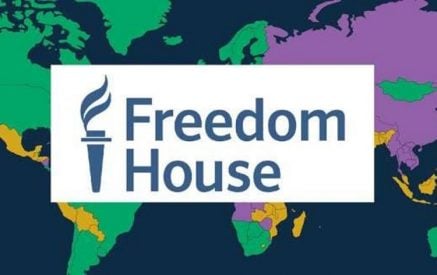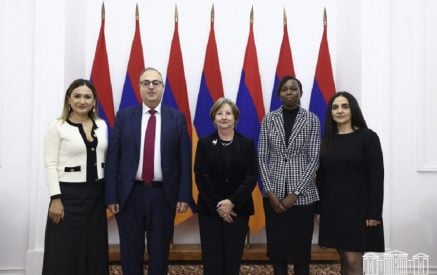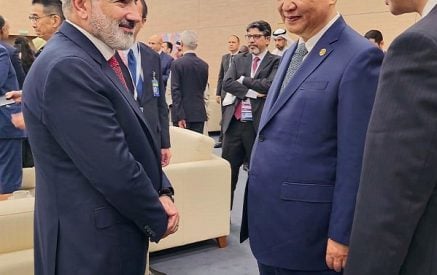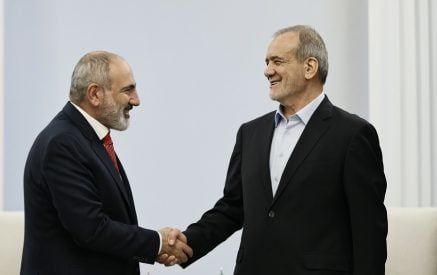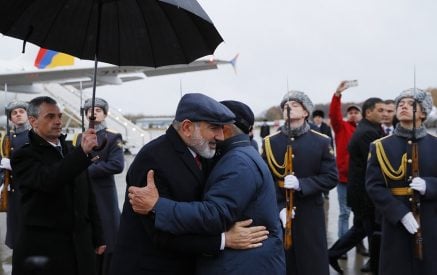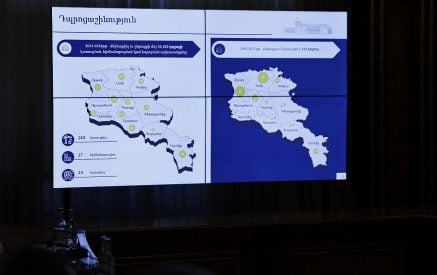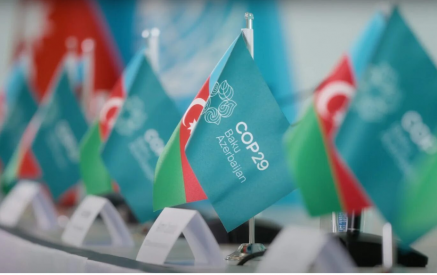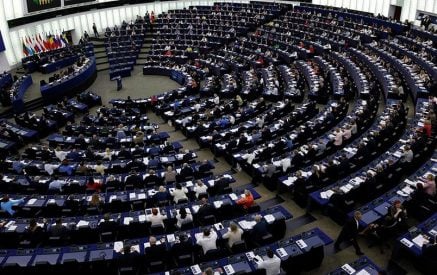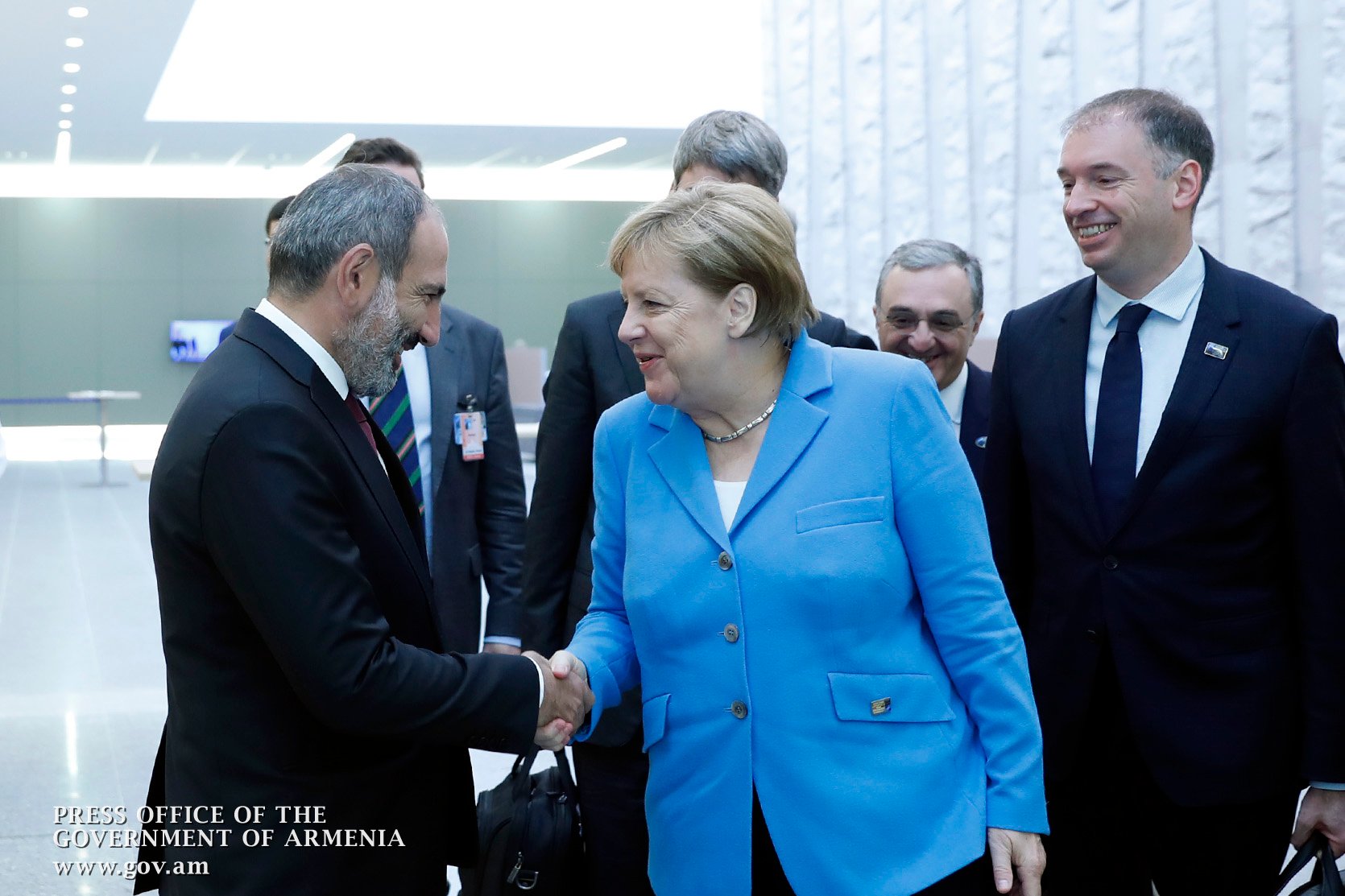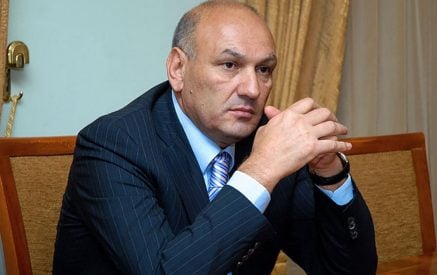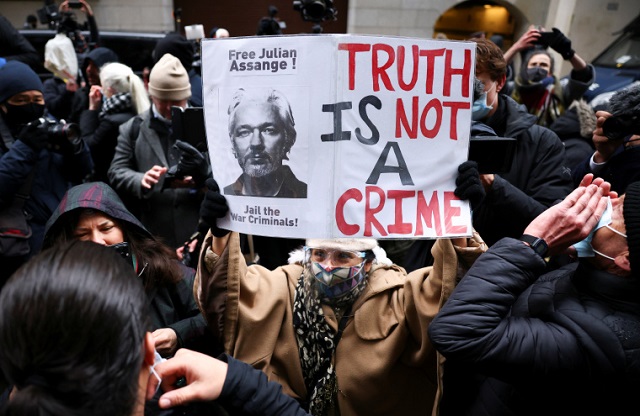This week marks German Chancellor Angela Merkel’s first trip to the South Caucasus region, where she will visit Georgia, Armenia, and Azerbaijan for meetings with each country’s leader. She is expected to discuss a range of topics including bilateral relations, energy policy, and the impacts of armed conflicts in the region. But all three countries face critical human rights issues, and this is an important opportunity for Chancellor Merkel to raise these concerns with her counterparts.
In Armenia, Merkel will meet newly elected Prime Minister Nikol Pashinyan, who swept to power in May following popular protests. Pashinyan inherited a country plagued with corruption and serious economic woes. Its human rights problems include a lack of accountability for law enforcement abuses, high levels of domestic violence, violence and discrimination against LGBTI people, and barriers for children with disabilities, who are often institutionalized, accessing quality education. Merkel should raise those issues, and also insist the new leadership’s quest to restore justice and end corruption fully respects due process rights and does not turn into selective or politicized justice.
Azerbaijan has been engaged in a crackdown against critics, jailing dozens of human rights defenders, political activists, and journalists. The government also adopted a range of draconian laws and regulations, impeding independent groups’ work, and their ability to secure funding. Last week, authorities released leading opposition figure Ilgar Mammadov, after more than five years of unjust imprisonment, but imposed travel restrictions and other conditions on his freedom. Others in jail, following politically motivated prosecutions, include youth activist Ilkin Rustamzade, blogger Mehman Huseynov, journalist Afgan Mukhtarli, and civic activists Giyas Ibrahimov and Bayram Mammadov. Merkel should urge President Ilham Aliyev to end this attack on government critics and release all those unjustly jailed.
Georgia’s leadership will be eager to show the visiting chancellor the impact of Russia’s occupation of two of its regions. But the visit also provides a chance for Merkel to signal concern about domestic rights issues, including harmful criminal drug policies, lack of accountability for abuses committed by law enforcement, and labor rights.
Moreover, Merkel should meet not just political leaders in the three countries, but also civil society groups. She can amplify their voices by making it clear to the authorities that the path to closer political and economic ties with Germany lies through respect for fundamental rights.
Georgi Gogia



